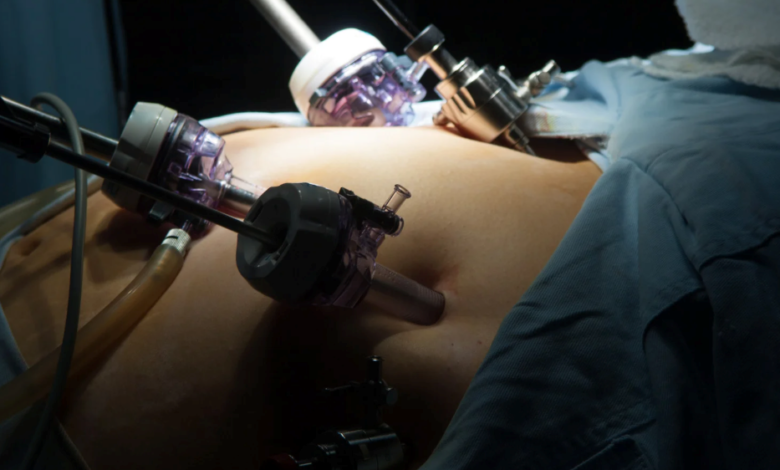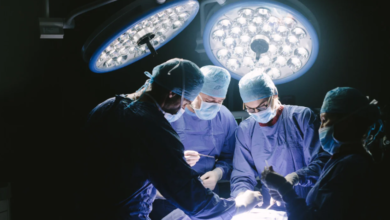What to Expect During the Recovery Process After Gastric Bypass Surgery?

Gastric bypass surgery represents a life-changing decision that requires careful preparation and commitment to a structured recovery process. Understanding what lies ahead during the healing journey helps patients set realistic expectations and achieve optimal outcomes. The recovery period involves multiple phases, each with specific guidelines and milestones that contribute to long-term success. Patients considering gastric bypass in St Louis, MO, should understand that recovery extends far beyond the initial surgical procedure. Proper preparation and adherence to medical guidance during recovery significantly impact both immediate healing and sustained weight loss success.
Immediate Post-Surgery Recovery Phase
The first 24 to 48 hours following gastric bypass surgery mark the beginning of your transformation journey. During this critical period, medical teams closely monitor vital signs, pain levels, and initial healing responses to ensure patient safety and comfort.
Most patients experience manageable discomfort rather than severe pain, thanks to advanced surgical techniques and effective pain management protocols. Walking within hours of surgery helps prevent blood clots and promotes faster healing, though movements should be gradual and guided by medical staff. Nausea may occur as your body adjusts to the surgical changes, but medications can effectively manage these symptoms.
Dietary Progression and Nutritional Guidelines
The dietary progression following gastric bypass surgery follows a carefully structured timeline designed to protect your healing stomach and promote optimal nutrition absorption. Your new digestive system requires time to adjust, making adherence to dietary guidelines essential for successful recovery.
During the first week, patients consume only clear liquids to allow proper healing. This phase gradually progresses to protein-rich liquids, then pureed foods, and eventually soft solids over several weeks. Understanding what foods to avoid after gastric bypass surgery becomes crucial during this transition period, as certain foods can cause complications or discomfort. Portion sizes remain extremely small, typically measuring just a few tablespoons per meal. Eating slowly and chewing thoroughly helps prevent nausea and ensures proper digestion. Vitamin and mineral supplementation becomes a lifelong requirement to prevent nutritional deficiencies.
Physical Activity and Lifestyle Modifications
Gradual return to physical activity plays a vital role in recovery success and long-term health maintenance. Initial movement focuses on gentle walking and basic daily activities, with exercise intensity increasing steadily under medical supervision.
Most patients can return to light office work within one to two weeks, though heavy lifting and strenuous activities require several weeks of healing time. Swimming and other low-impact exercises typically become appropriate after four to six weeks, depending on individual healing progress.
Sleep patterns may temporarily change during recovery due to dietary adjustments and medication effects. Establishing consistent sleep routines supports healing and helps manage any emotional adjustments during this transition period.
Weight Loss Timeline and Expectations
Understanding realistic weight loss expectations helps maintain motivation and prevents disappointment during the recovery process. Many patients wonder when they will lose weight after gastric bypass and how quickly they can expect to see results.
Initial weight loss often occurs rapidly during the first few months, with most patients losing 60 to 70 percent of their excess weight within the first year. However, individual results vary based on starting weight, adherence to dietary guidelines, exercise participation, and metabolic factors.
The most dramatic changes typically occur during the first six months, with weight loss gradually slowing as patients approach their goal weight. Regular follow-up appointments help track progress and make necessary adjustments to nutrition and exercise plans.
Conclusion
Recovery from gastric bypass surgery requires patience, commitment, and professional guidance throughout the healing process. Success depends on following medical recommendations, maintaining realistic expectations, and embracing the lifestyle changes necessary for long-term health improvement. With proper support and dedication, patients can achieve transformative results that enhance their quality of life for years to come.





